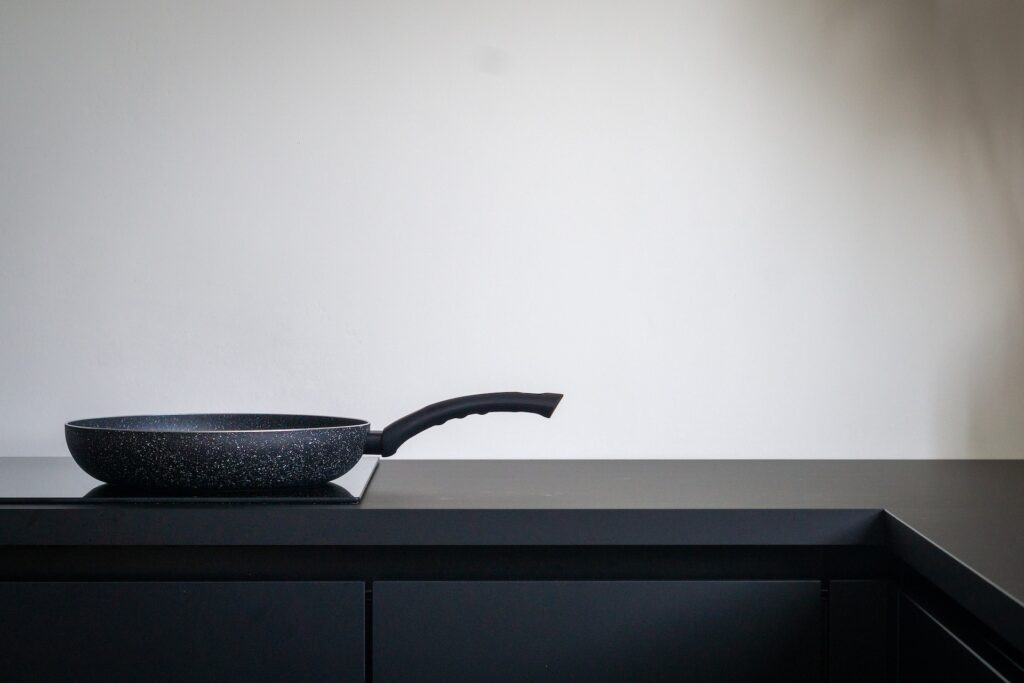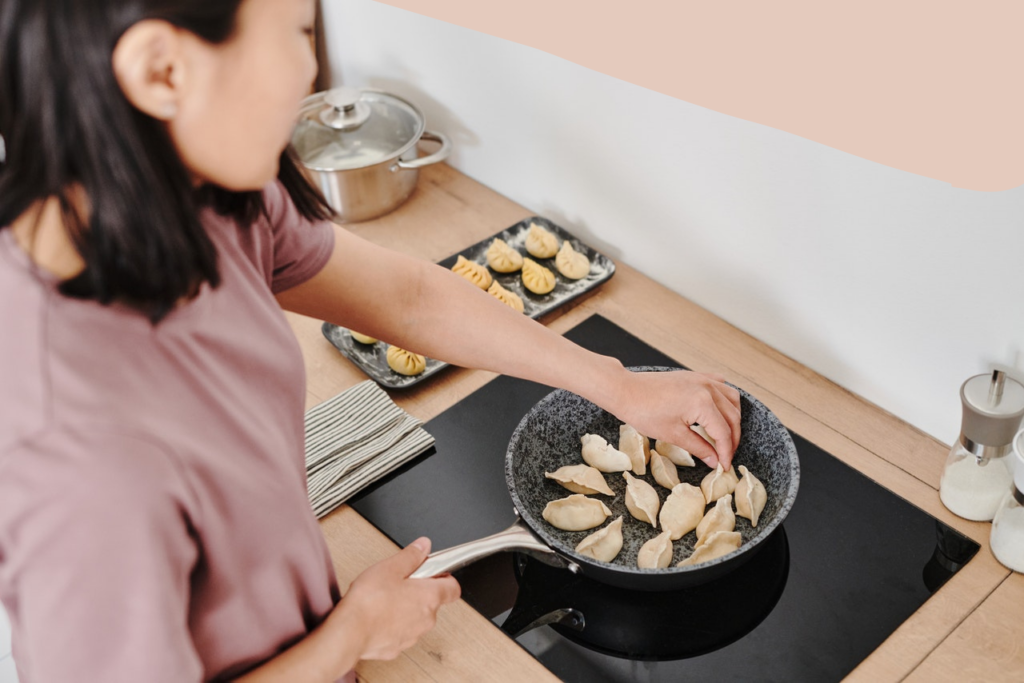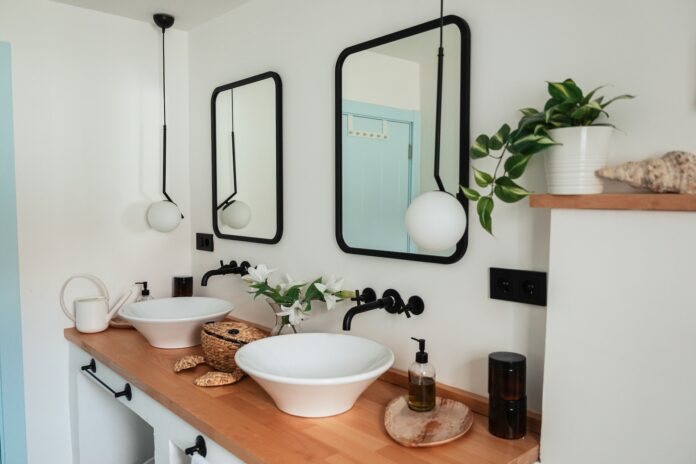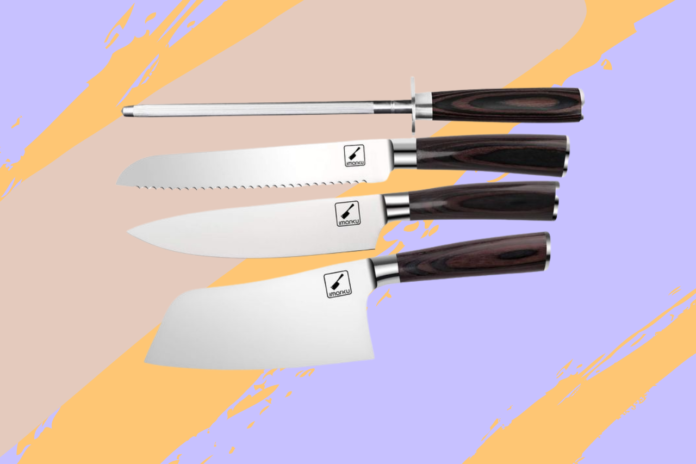There’s a culinary revolution quietly (or, in some cases, actually rather noisily) stirring in modern British kitchens, swiftly edging out the familiar gas hob and electric cooker. The protagonist of this revolution? The induction hob, hailed as a game-changer in cooking technology. However, the critical question remains: are induction hobs genuinely worth the investment in domestic kitchens?
Understanding Induction Cooking
To answer this question, we must first understand what induction cooking entails. Induction hobs utilise magnetic fields to generate heat directly within the pan, differing significantly from traditional hobs that heat the pan by transferring heat from a source. This technology is enticing many homeowners with its efficiency, safety, and unique capabilities. However, as savvy consumers, we must ascertain whether the benefits indeed stand up to scrutiny.

Efficiency: A Time & Energy Saver
Without a doubt, one of the key selling points of induction hobs is efficiency. They heat up pans incredibly fast, considerably cutting down on cooking time. Plus, with the vast majority of the heat going straight into your pan compared to a disappointing under 50% for gas and conventional electric hobs, the appeal is undeniable. Induction hobs can save precious time and reduce energy consumption significantly, which translates to a lower electricity bill.
Read: 11 energy-saving kitchen tips
Safety First: A Big Tick In Induction Hob’s Credibility Box
Safety is another compelling feature of induction hobs that is hard to bypass. The hob surface remains cool during the cooking process, decreasing the risk of scalds or burns. It also eliminates the danger of gas leaks, an ever-present hazard in kitchens with gas hobs. Furthermore, most induction hobs come with sophisticated safety features such as automatic shut-off, child locks, and heat indicators.
Aesthetic Appeal & Easy Maintenance
In the age where minimalist, sleek kitchens are the order of the day, induction hobs, with their seamless, streamlined appeal, win hands down. They offer the perfect blend of functionality and aesthetic beauty.
What’s more, cleaning up is a breeze. No more wrestling with food bits stuck in crevices or the cumbersome dismantling of burners. A simple wipe-down is all it takes to keep it spick and span.

Use Of Timer Functions
Induction hobs often come with built-in timers and can turn off the heating automatically when the set time is up. This is a feature that is not commonly seen in gas hobs.
Playing Devil’s Advocate: The Downsides Of Domestic Induction Hobs
Despite the numerous benefits of induction hobs, there are a few aspects to consider that might be deemed as downsides:
- Cost: Induction hobs are generally more expensive than gas or electric hobs in terms of up-front costs. Additionally, should they require repair, the costs involved can be significantly higher.
- Compatible Cookware: Induction hobs require specific types of pots and pans that are ferrous-based such as cast iron or magnetic-grade stainless steel. This means your existing non-compatible cookware would not work and new cookware might be a necessary investment.
- Power Supply: Induction hobs require a specific type of electrical wiring and a higher current, so if your kitchen isn’t already set up for this, you may need to factor in the cost of professional installation.
- Learning Curve: As induction cooking heats up pans more quickly and provides more precise temperature control than traditional cooking methods, it may take some time for users to adjust to this change when cooking certain dishes.
- Noise: Some people find that induction hobs can produce a slight humming or buzzing noise whilst operating, especially at higher settings. This noise is caused by the high energy transferring from the coils to the pot.
- Heat Distribution: Whilst the direct heat of induction cooking is incredibly efficient for one pot, it doesn’t distribute heat around the oven or grill like a gas hob does, which can be a disadvantage for some types of cooking.
- Surface Cracking: Although rare, there is a risk that the glass-ceramic surface can crack if a heavy object is dropped on it. Also, abrasive cleaners or scouring pads can scratch the surface, which may risk making cleaning your kitchen even more of a chore than usual.

The Verdict
Given the efficiency, safety, and aesthetic appeal of induction hobs, it’s hard not to sing their praises. However, a balanced view would suggest that one’s cooking style, budget, and current kitchen setup also play pivotal roles in this decision.
Admittedly, induction hobs may require a more significant initial investment. But when considering the potential energy savings, increased safety, and the ease that it introduces to the cooking process, it’s easy to see why induction hobs are increasingly becoming the hob of choice in domestic kitchens.
The Bottom Line
Induction hobs may not be the perfect fit for everyone, but for many, they are indeed worth their weight in gold, contributing to the creation of cost-effective, safe, and aesthetic culinary havens in our homes.





